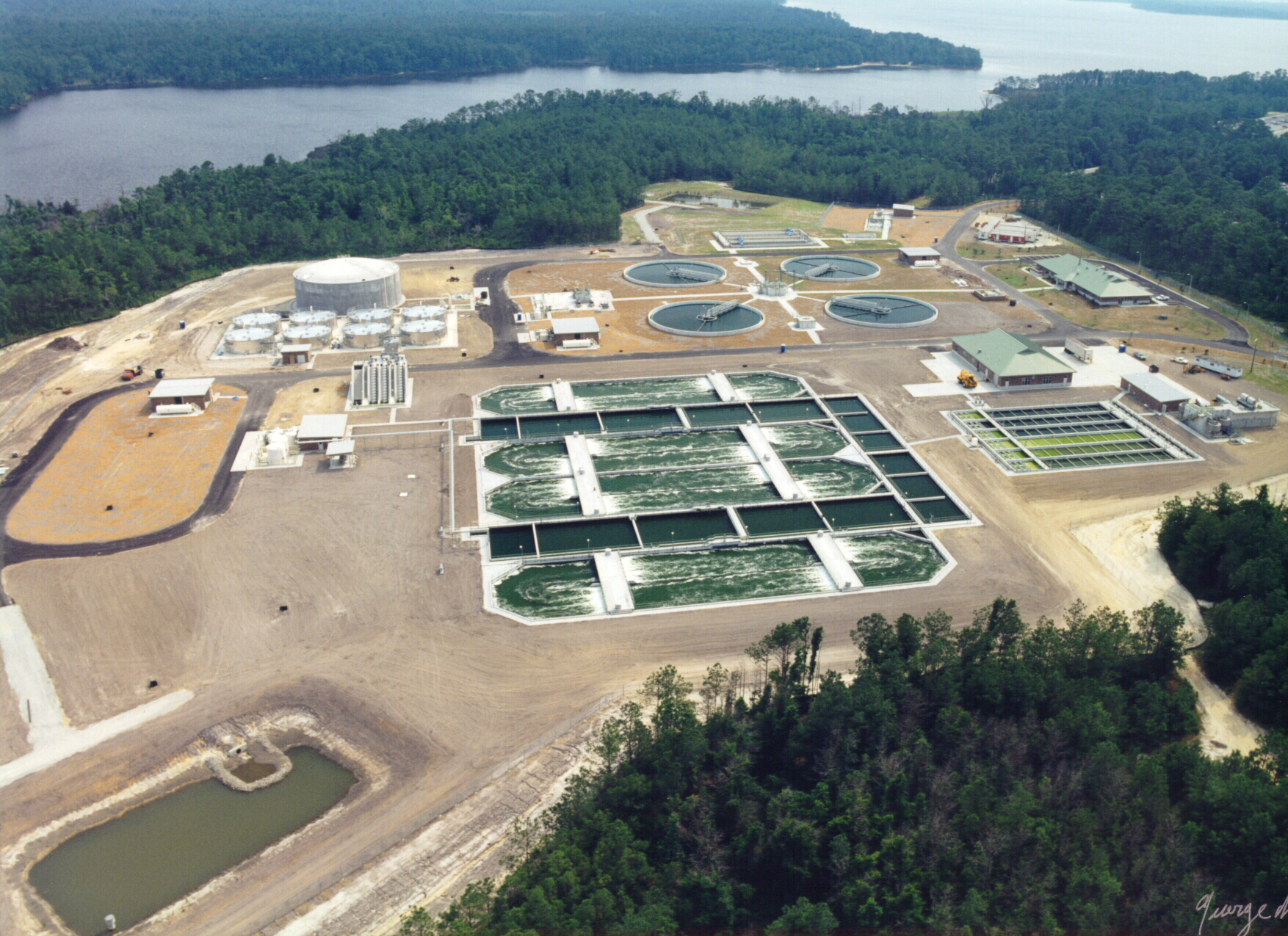
Marines, National Guard members and reservists who were stationed, even temporarily, at North Carolina’s Camp Lejeune from the 1950s through the late 80s, may have diseases related to contaminated drinking water on the base.
More than 900,000 service members who served at Camp Lejeune for 30 days or more between through 1953 through 1987 could be at risk for a range of diseases from leukemia to Parkinson’s.
Verdie Bowen is the director of the Alaska office of veteran’s affairs. He said some of the contamination came from gasoline and diesel fuel leaking into the drinking water supply.
“It also had cleaning contaminants from a dry cleaner from off the installation,” Bowen said. “It was leaking back into the installation water source.”
Bowen said 1,400 cases nationwide have been filed so far. He doesn’t know how many of those could be in Alaska because he said the state office files thousands of claims each year but doesn’t break them down into categories.
Bowen said it’s imperative that people who were stationed at Camp Lejeune during those decades get registered.
“The saddest thing in the world, you know, if you just pick one of those things,” Bowen said. “Someone with bladder cancer or kidney cancer that is trying to treat this on their own when they really should be getting treated in the VA and also they should be getting disability compensation for that injury as well. If they contact us, we can process the paperwork and because it’s presumptive, it will be fairly well expedited, they’re not going to wait years for this process to go through.”
Bowen said outgoing VA Secretary Robert McDonald worked for more than a year reviewing an analysis of chemical tests and claims of service-members who have filed. He said President Obama also supported moving ahead with what’s estimated to be a five year, $2.2 billion assistance program.
“There’s these items that we have currently identified which is adult leukemia, aplastic anemia, bladder cancer, kidney cancer, liver cancer, multiple myeloma, non-Hodgkin’s lymphoma and Parkinson’s disease,” Bowen said. “Those items are what they identified today but if you file today and you have something else, that could go on the list tomorrow, just like our Agent Orange registry has done.”
Bowen said there’s no deadline for filing for disability compensation but he encourages veterans and active duty members to get registered and screened for toxins exposure.
Lori Townsend is the news director and senior host for Alaska Public Media. You can send her news tips and program ideas for Talk of Alaska and Alaska Insight at ltownsend@alaskapublic.org or call 907-550-8452.





